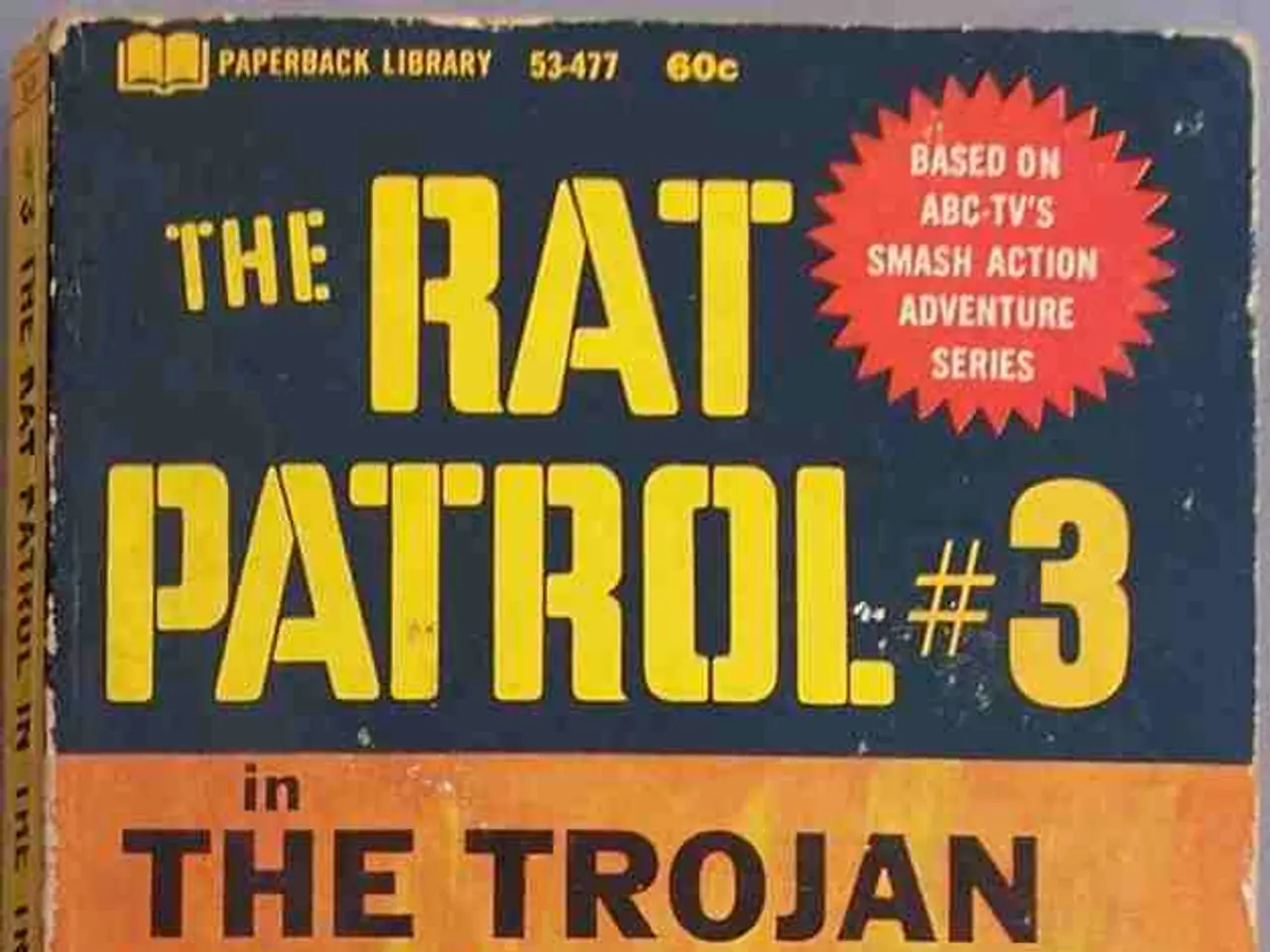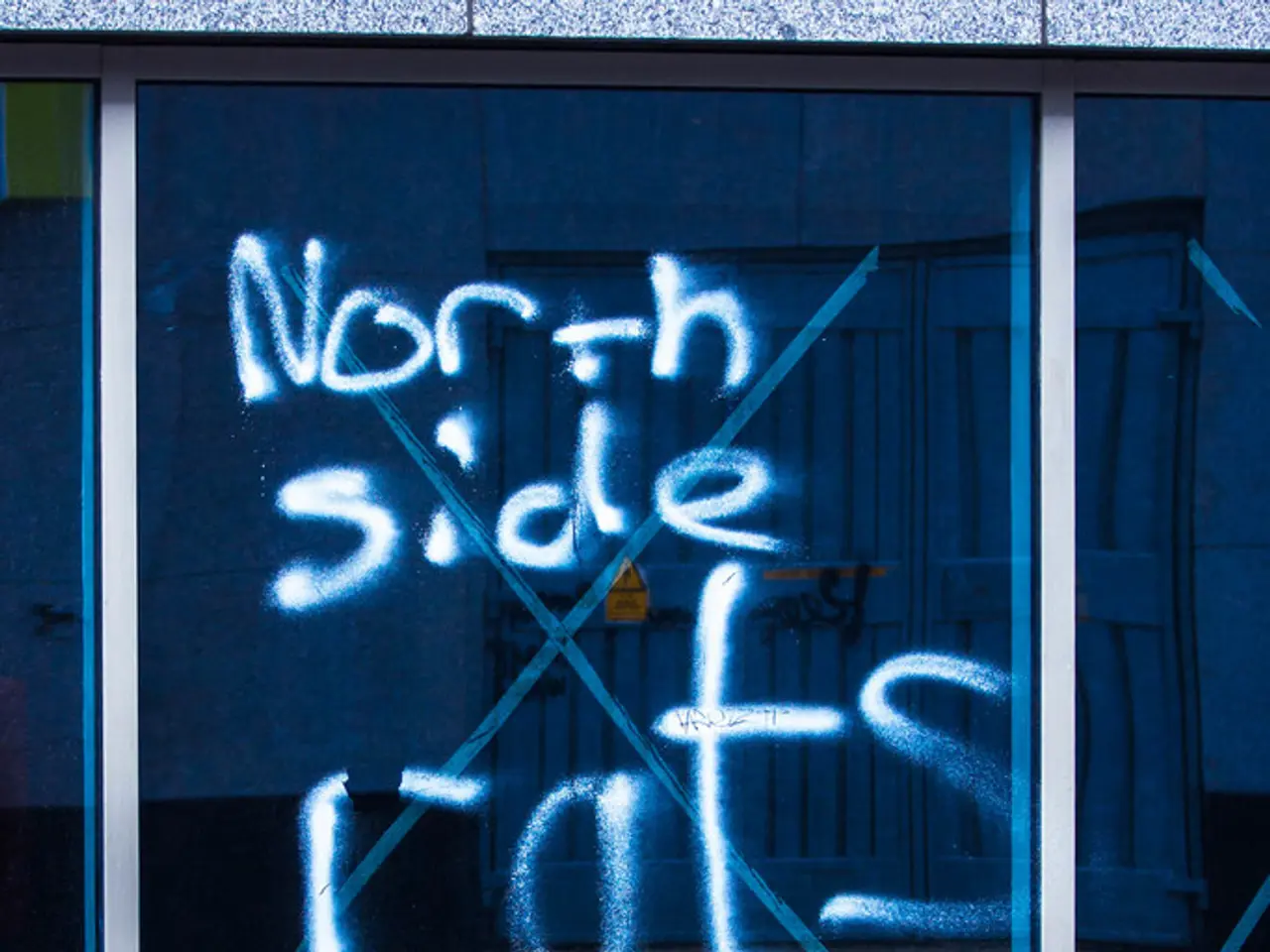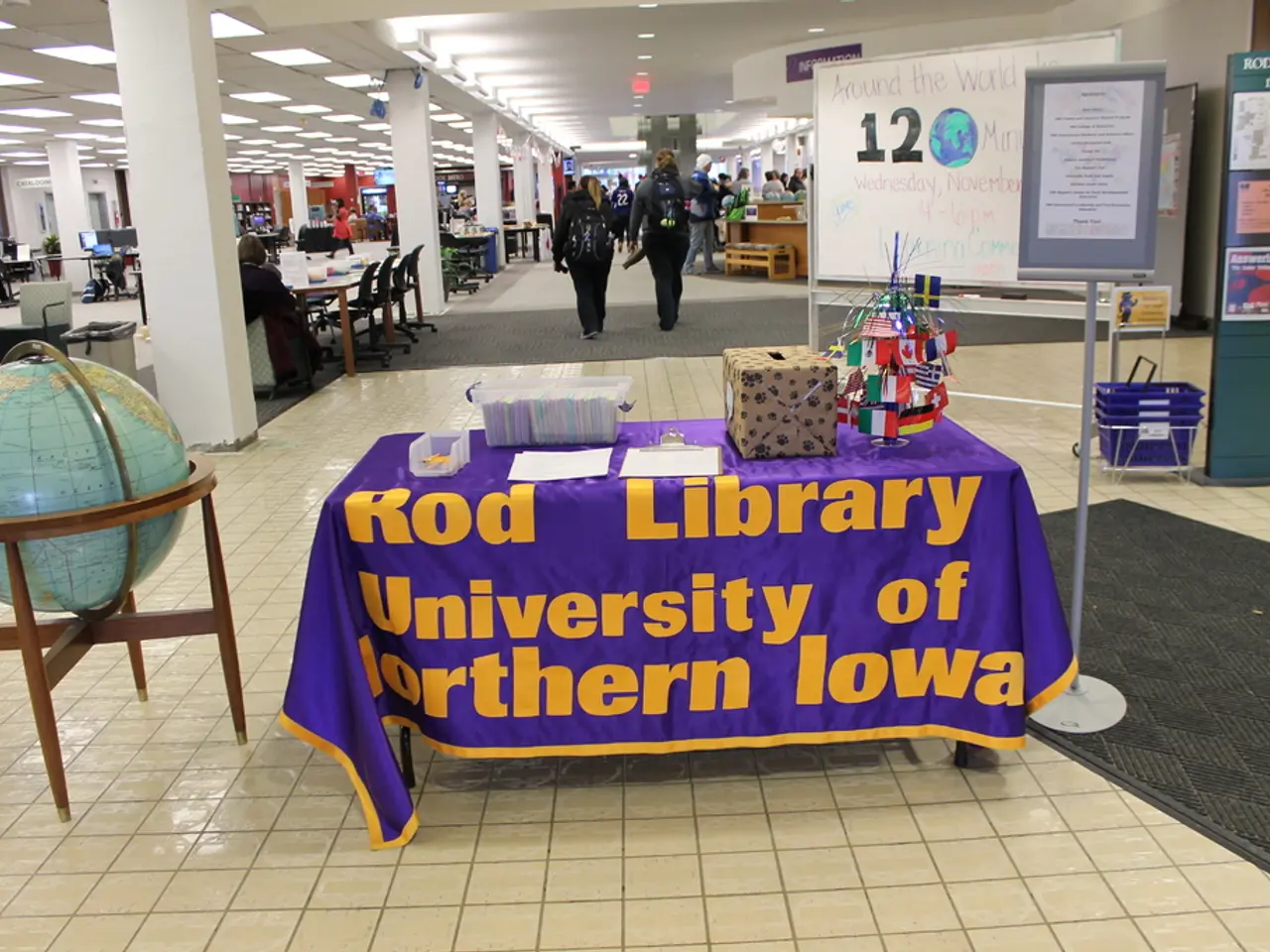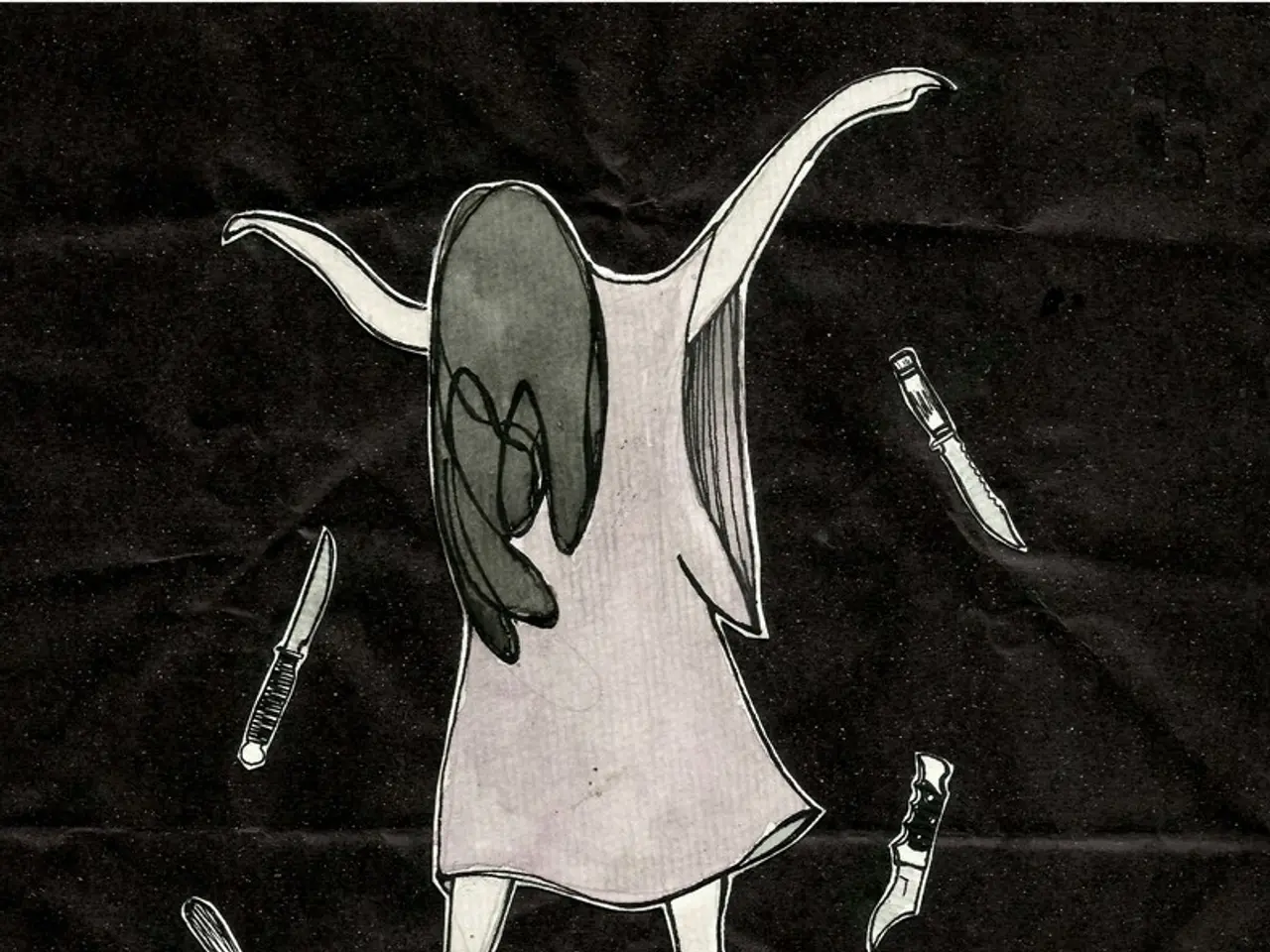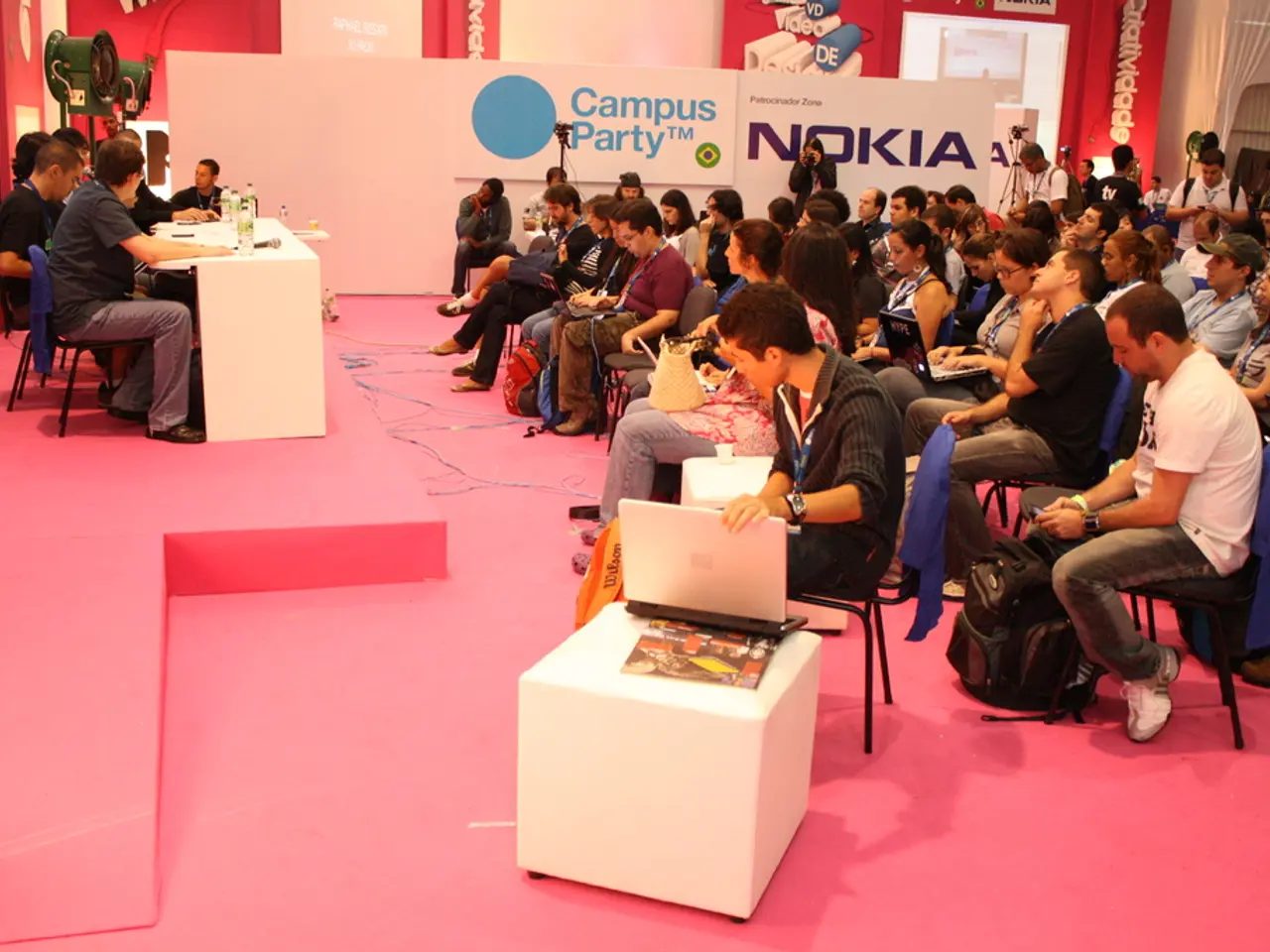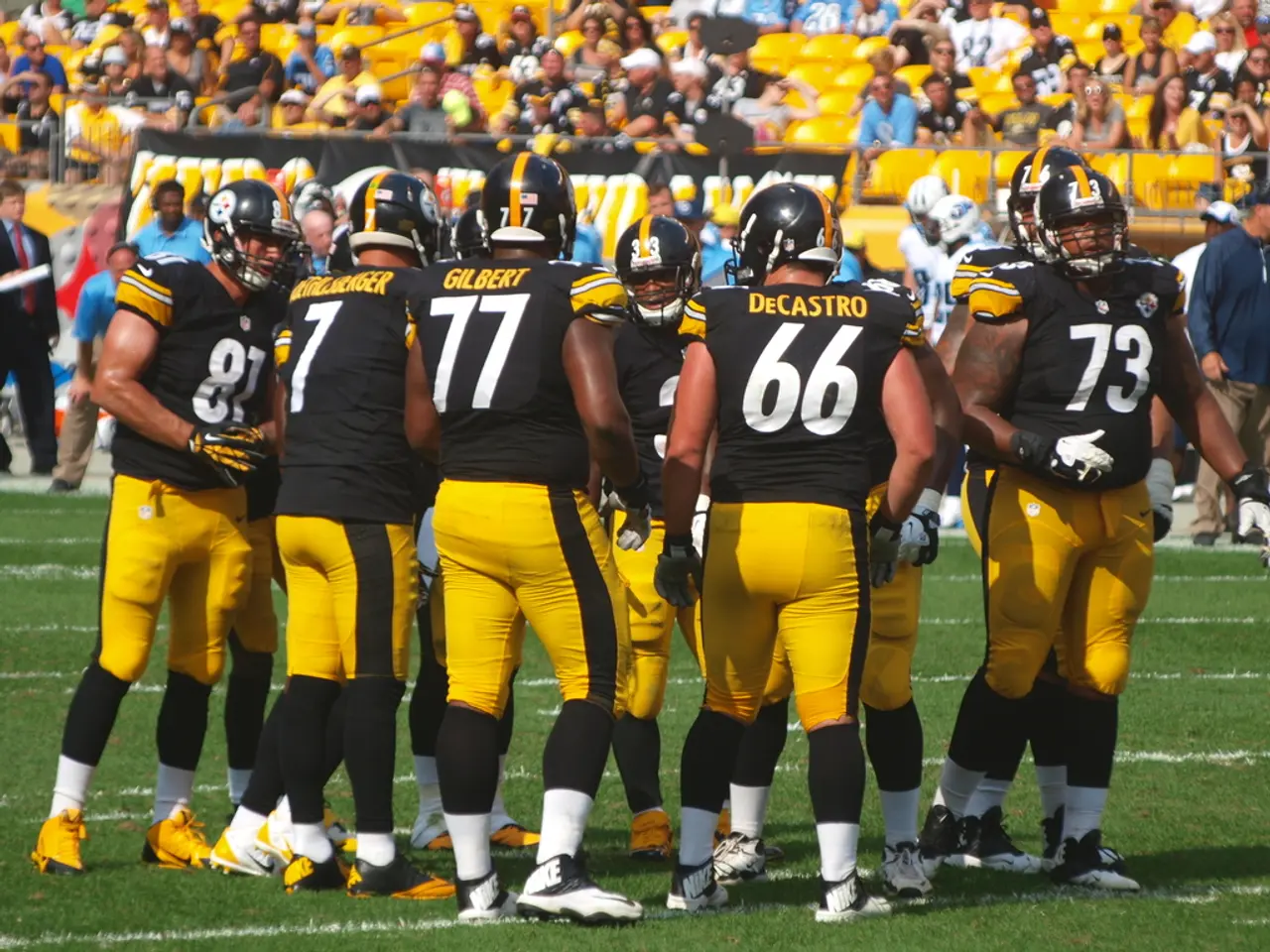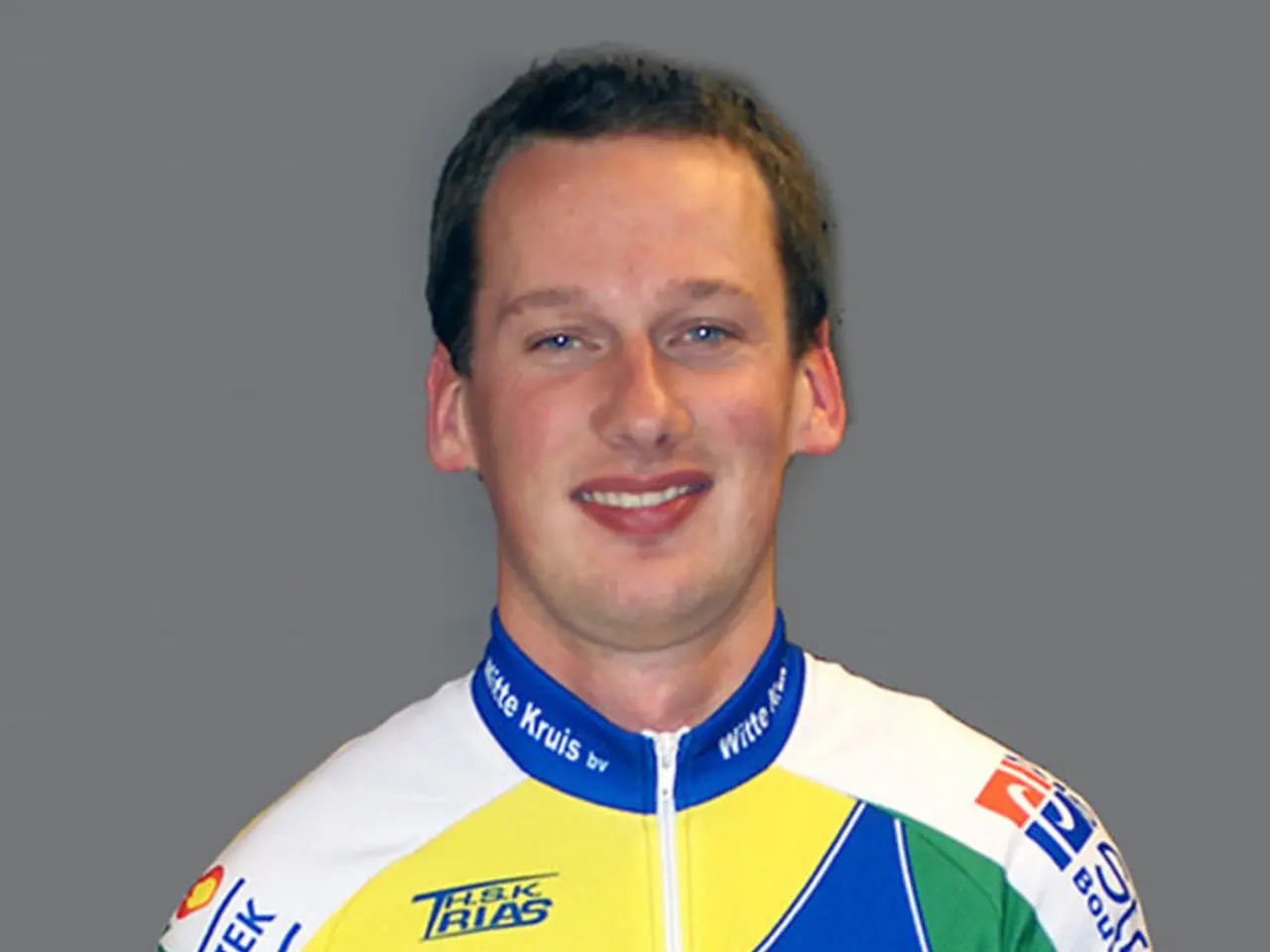"Politically-charged narrative: The Gospel"
In a thought-provoking discussion at the "Church goes Pub" event held in Plön, Germany, former Schleswig-Holstein Minister President Björn Engholm delved into the historical lessons from the end of World War II and their relevance to contemporary societal responsibilities.
The event, which took place on May 8th, 2023, was organised by the St. Vicelin parish with the support of the archdiocese and featured a church-infused pub round, evening Kneipe charm, and demanding themes. The gathering also included music by the trio Shenoll Tokaj, and Pastoral referent Veldboer asked Engholm about giving the "Day of Liberation" more clarity.
Engholm began by emphasising the profound impact of World War II's conclusion, particularly on European societies. The war's devastation prompted a widespread re-evaluation of fundamental societal values such as freedom, democracy, human rights, and peace. The collective trauma underscored the dangers of totalitarianism and the catastrophic consequences when democratic institutions fail or are undermined.
The newly elected Pope (contextually, this likely refers to Pope Francis) was referenced by Engholm as a moral and spiritual leader who reinforces these post-war values. The Pope's messages often emphasise compassion, social justice, and the protection of human dignity—values deeply rooted in the post-WWII consensus. His role symbolises a call to remain committed to these principles in the face of modern challenges.
Engholm stressed that despite the progress since 1945, societies today face renewed threats from anti-democratic forces—ranging from extremist political movements and authoritarian tendencies to the erosion of rule of law and civil liberties. He urged the public to remain vigilant and actively defend democratic institutions and societal values to prevent history's darkest chapters from repeating.
Björn Engholm, born on November 9, 1939, was five years old at the end of World War II. His childhood, despite the harsh times, was happy in part due to his father's employment at the Schwartau-Werke jam factory. Engholm questions how people who knew the Golden Rule could have "fallen away millions of times," implying a moral failure during the Nazi era.
The event also touched upon topics such as the Barschel affair, the election of Pope Leo IV, and Chancellor Friedrich Merz. Engholm believes that the churches should have apologised after the war for acting against their own convictions and disagrees with Julia Klöckner's statement that churches should not interfere politically, stating that the Gospel is indeed political.
The "Church goes Pub" event, held in the "Alte Schwimmhalle," was attended by around 100 visitors. Toxic tendencies were also a current topic of discussion, with Engholm referring to disturbing images of human atrocities to emphasise the importance of remembering history. The division of society contributed to the rise of Hitler followers, who used division as a tool in a poisoned societal climate.
In conclusion, at the “Church goes Pub” event in Plön, Björn Engholm connected the historical lessons from the end of WWII with contemporary societal responsibilities. The election of the Pope symbolises a renewed commitment to humanitarian and democratic values, while the ongoing call for vigilance reminds citizens to safeguard these hard-won freedoms against resurgent anti-democratic movements.
- During the "Church goes Pub" event, Engholm discussed the relevance of post-World War II lessons to contemporary politics, emphasizing the importance of safeguarding democratic institutions and humanitarian values.
- As the Pope's messages centering on compassion, social justice, and human dignity reinforce post-war values, Engholm called for continued commitment to these principles in the face of modern political challenges.
